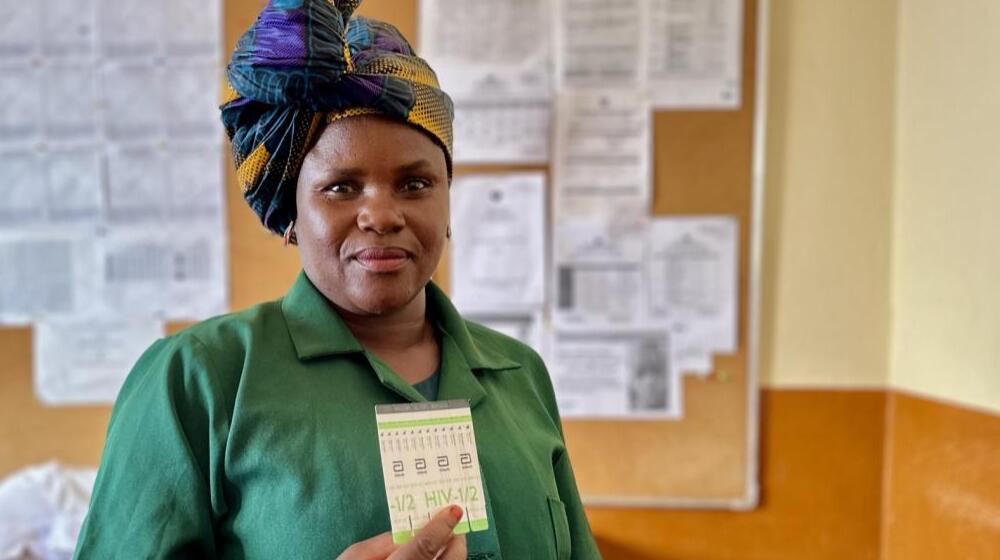LICHINGA, Mozambique - It is early in the morning as queues of women, adolescents, men, and boys begin to form outside of the Lichinga Health Centre. In a combined effort to provide services to the community, health providers, doctors, and nurses prepare to treat patients while young mentors and volunteers nearby encourage community members to test for HIV/ AIDS and learn about family planning methods.
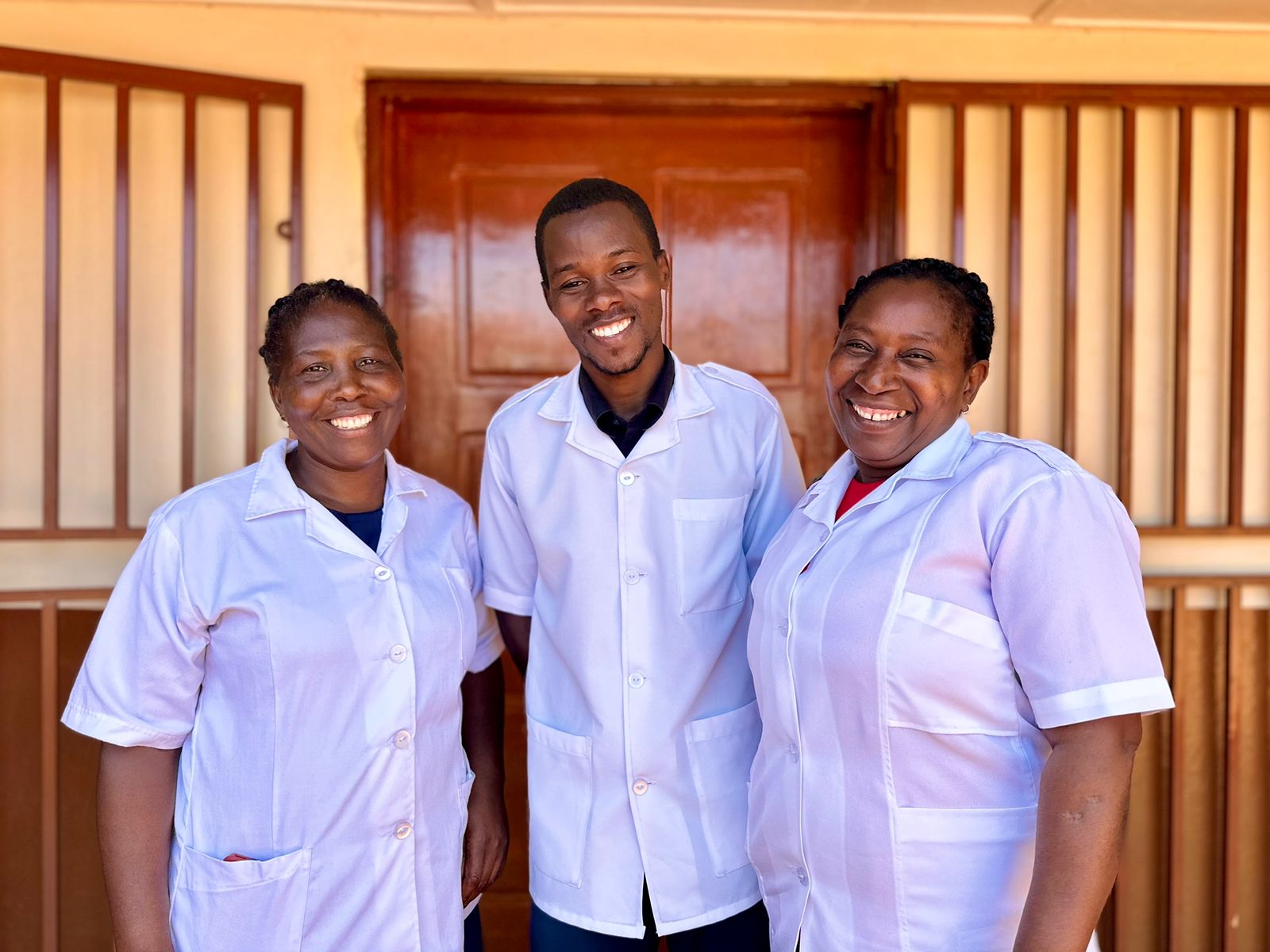
Photo: UN Mozambique/ Helvisney Cardoso
Nestled in the core of the rural province of Niassa, in northwest Mozambique, Lichinga serves as the capital of the province, overseeing cultural, medical, and economic affairs for the local community.
However, Niassa, along with its bordering provinces of Cabo Delgado and Nampula, has grappled with a complex crisis due to the intensification of attacks committed by non-state armed groups since 2017. The challenges continued to intensify with successive climatic shocks and public health emergencies.
As with many humanitarian crises, there is a particular toll on women and girls, putting them at increased risk of gender-based violence, unwanted and unintended pregnancies, and preventable death due to pregnancy and childbirth complications.
In Mozambique, maternal deaths are mainly related to the lack of family planning, resulting in high rates of unwanted pregnancies and unsafe abortions. Approximately 23% of women face challenges in accessing family planning services in Mozambique, and this issue is more pronounced among women residing in rural areas.
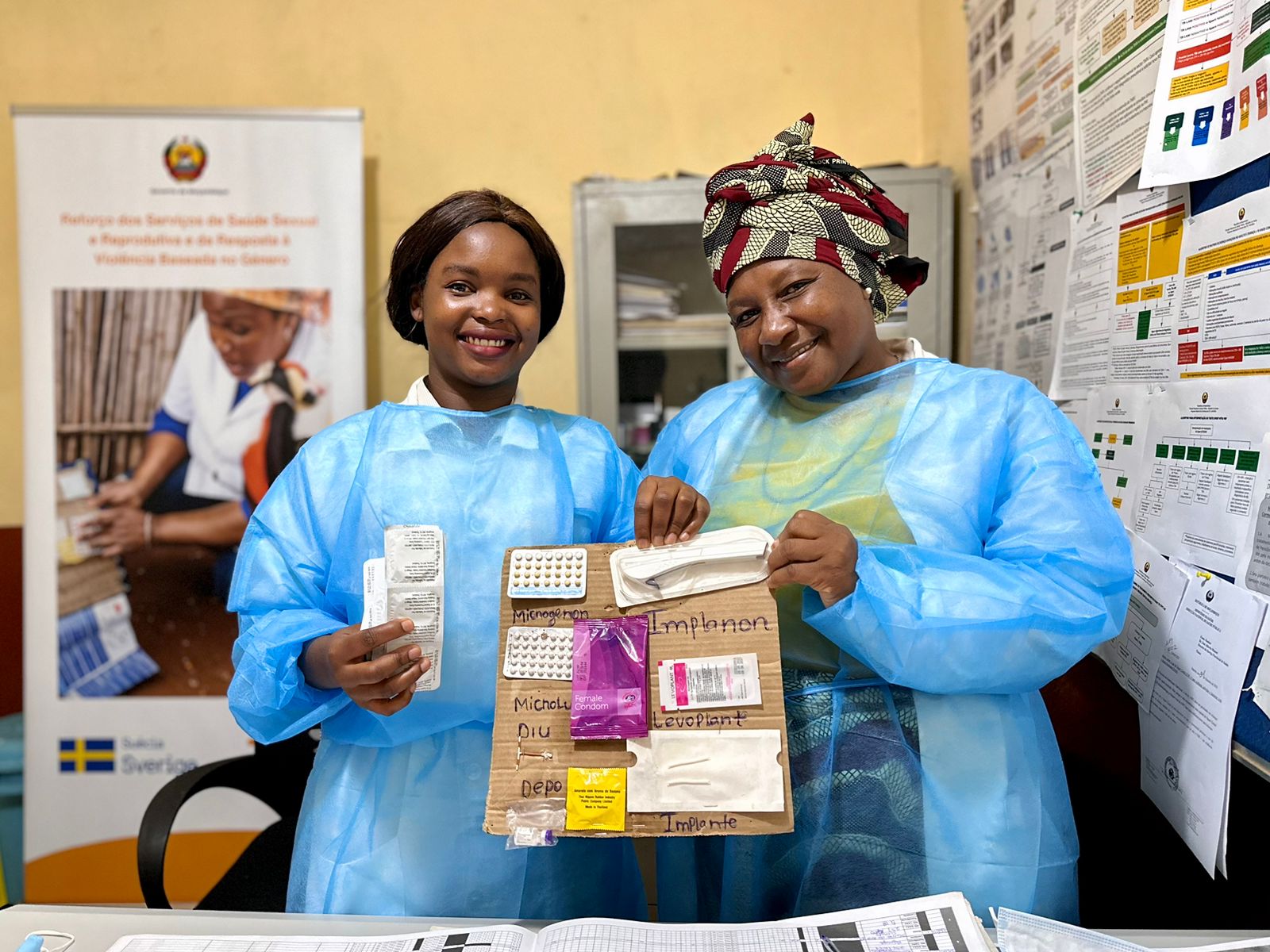
“In five years the health services have changed, capacities have increased, and family planning has started to work. With the support of UNFPA, we could do family planning with long-acting methods. Early pregnancies have decreased in the district”, shared Pascoal Vilanculos, Head of the Public Health Department, District of Lichinga.
Health professionals are working diligently to provide people with necessary and life-saving sexual and reproductive healthcare services including family planning methods, HIV testing, and gender-based violence response services.
In its ongoing commitment to support the health sector, UNFPA is actively working to enhance contraceptive accessibility and broaden the range of contraceptive options in Niassa, Cabo Delgado, and Nampula. Through the initiative, health providers from all 16 districts in Niassa have received training about long-term Family Planning methods and provisions.
The initiative also incorporates advocacy, evidence-based policy guidance, technical support, knowledge management, capacity building, and collaborative partnerships to increase demand for and utilization of high-quality sexual and reproductive health services, with a focus on family planning at the community level.
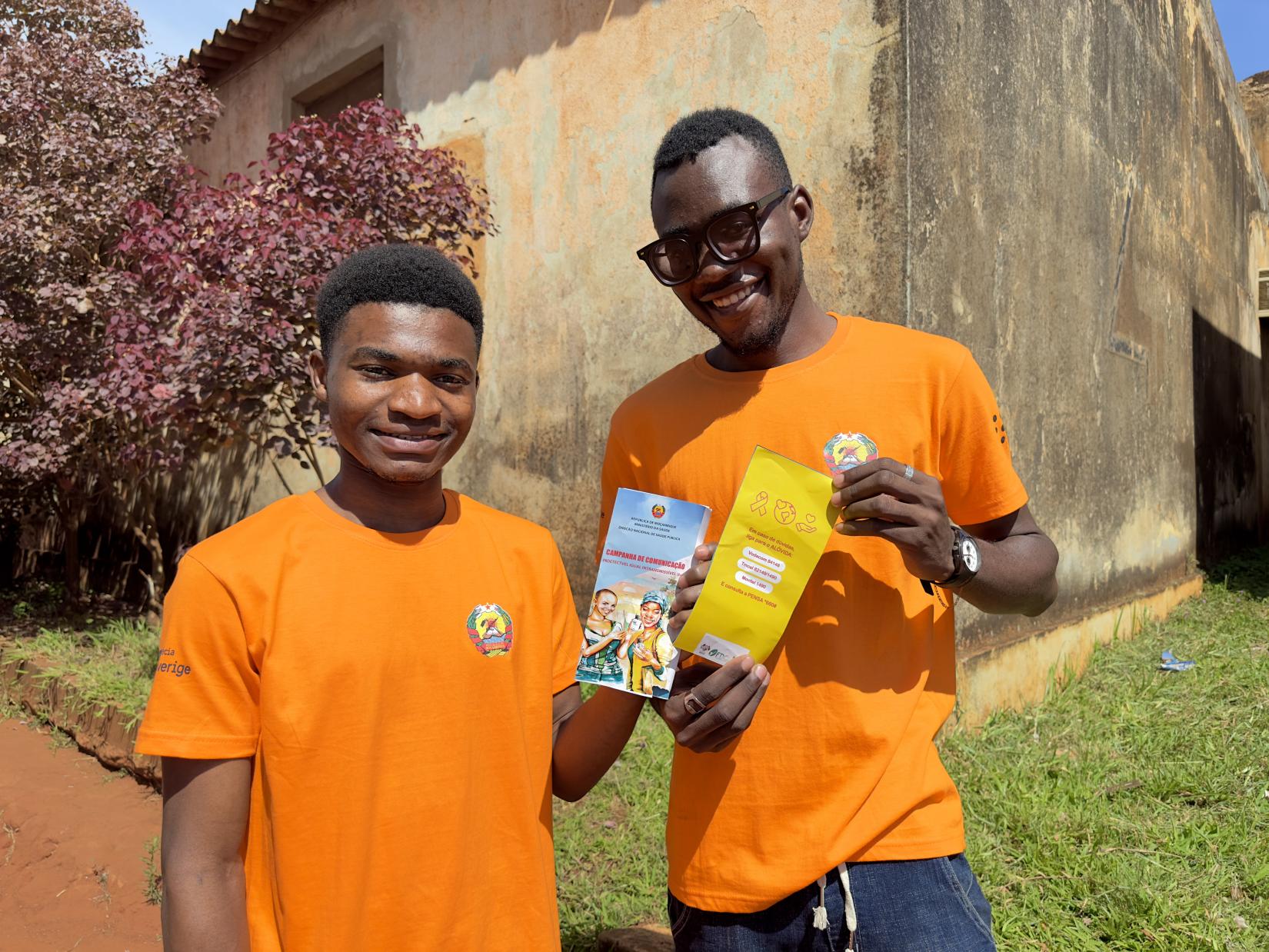
Furthermore, community leaders and volunteers have engaged close to 2,500 adolescents and youth from the region in discussions about socio-cultural barriers regarding sexual health while working to break the stigma surrounding HIV and AIDS.
“We do this voluntary work because it's about our health and our future, the well-being of our family, of those we love. When young people test themselves and the result is positive, I work on accepting their serostatus. As a community, it's our duty to embrace them”, shared Filipe Jorge (20), a youth community activist.
By advocating for family planning methods and testing, young activists encourage other youth to make informed decisions about their bodies and take charge of their reproductive health, while working with health officials to ensure access to contraceptive options that meet their needs.
“We use the approach in schools to make young people aware of family planning and also of HIV/AIDS. That's why we also have a condom distribution campaign. Girls' sexual and reproductive rights are being guaranteed. They choose what to do with their own bodies, as it should be everywhere”, said José Manuel, the Director of the Provincial Health Service.
As part of the advocacy and sensitization efforts, a collaboration with Radio Moçambique and Radio Comunitária de Cuamba produced over 360 broadcasts discussing sexual and reproductive health services and gender-based violence responses. Presented in local languages such as Emakhuwa, Ciyao, and Cinyanja, the outreach efforts reached an estimated 1.6 million people in Niassa.
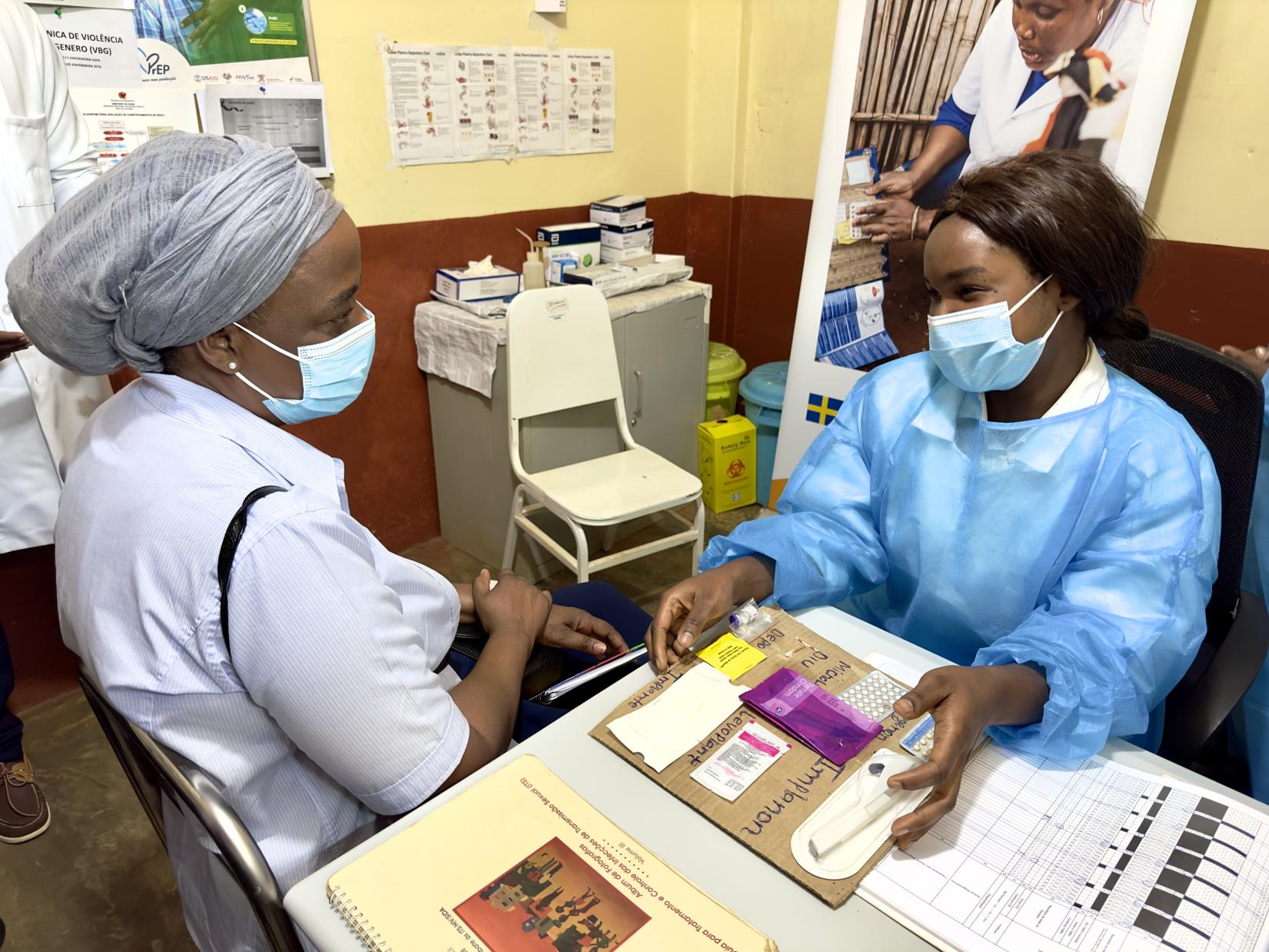
In December, Dr Catherine Sozi, a trained medical doctor in Obstetrics and Gynecology who is currently the UN Resident Coordinator in Mozambique, emphasized the significance of advocacy and information for family planning during her visit to Lichinga Health Centre, while engaging with community members.
“The UN is here to support you on whatever you need, but for that we need information. It is important, as a woman, that we keep the regularity of sexual reproductive health services provided”, affirmed Dr Sozi.
These activities are part of a project funded by the Government of Sweden, which aims to strengthen Sexual and Reproductive Health and Gender-Based Violence response services in Cabo Delgado, Niassa, and Nampula Provinces, with special attention to the inclusion of vulnerable populations such as LGBTQ+ individuals and people with disabilities.

